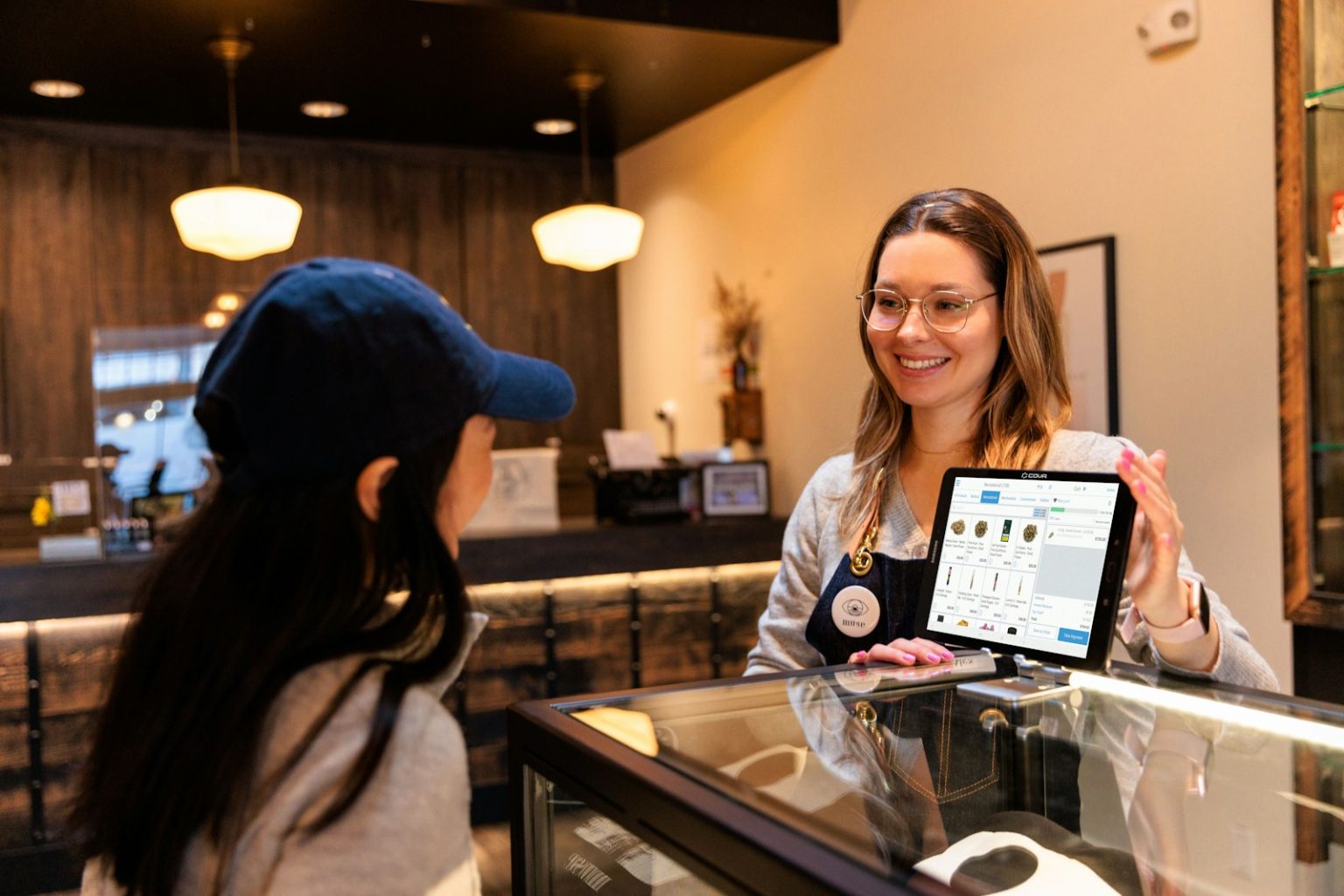Here’s an eye-opening experience that reminded me why customer service guarantees matter so much. While shopping for reading glasses at Warby Parker, I made a mistake that could have cost me money—but instead demonstrated what true customer commitment looks like.
Thinking I needed strong reading glasses (those “cheaters” we all eventually need), I ordered a pair with a 2.5 strength. When they arrived ten days later, everything looked blurry. Clearly, I had chosen the wrong prescription strength.
When I returned to the store, I was fully prepared to pay for my mistake. After all, I had chosen the wrong strength—this was on me, not them. But what happened next should be a model for businesses everywhere.
The Power of a No-Questions-Asked Guarantee
The Warby Parker staff immediately checked my vision with different strengths and confirmed I didn’t need such strong lenses. When I offered to pay for a new pair, they stopped me:
“Hold on. No. We guarantee these. It doesn’t matter whose fault it is. This is what we do at Warby Parker.”
They sent me a new pair of glasses with the correct strength at no additional cost. The entire experience was seamless and easy—exactly what customer service should be.
This got me thinking: Why can’t all companies be this responsible to their customers? The answer is simple—they can be. They just choose not to.
View this post on Instagram
What Makes This Approach Worth Stealing
The “no-fault” guarantee approach works for several reasons:
- It builds immediate trust with customers
- It removes friction from the correction process
- It turns a potential negative experience into a positive one
- It creates loyal customers who share their stories (like I’m doing now)
This approach works regardless of what you sell. Whether you’re in software, consulting, manufacturing, or food service, the principle remains the same: stand behind your product or service without making customers jump through hoops.
Implementing This in Your Business
You might worry that a generous guarantee policy would be abused. My experience working with thousands of companies suggests otherwise. The small percentage of people who might take advantage of your policy is far outweighed by the loyalty and word-of-mouth marketing you’ll gain.
Consider how you might apply this in your business:
- Review your current return or satisfaction policies
- Remove unnecessary restrictions and conditions
- Train your team to handle returns or corrections with grace
- Empower frontline employees to make decisions without manager approval
The key is making the process painless for the customer. When something goes wrong—even if it’s the customer’s mistake—your response should be, “We’ll take care of that for you.”
The Bottom Line
My Warby Parker experience reinforced what I’ve always believed: exceptional customer service isn’t complicated. It’s about removing friction, standing behind what you sell, and treating customers the way you’d want to be treated.
This approach isn’t just good for customers—it’s good business. When you make it easy for customers to do business with you, even when problems arise, you create the kind of loyalty that marketing dollars can’t buy.
So go ahead—steal this idea from Warby Parker. Your customers will thank you, and your business will benefit from the goodwill and loyalty that follows. After all, the best ideas deserve to be shared and implemented widely. That’s how we all improve.







